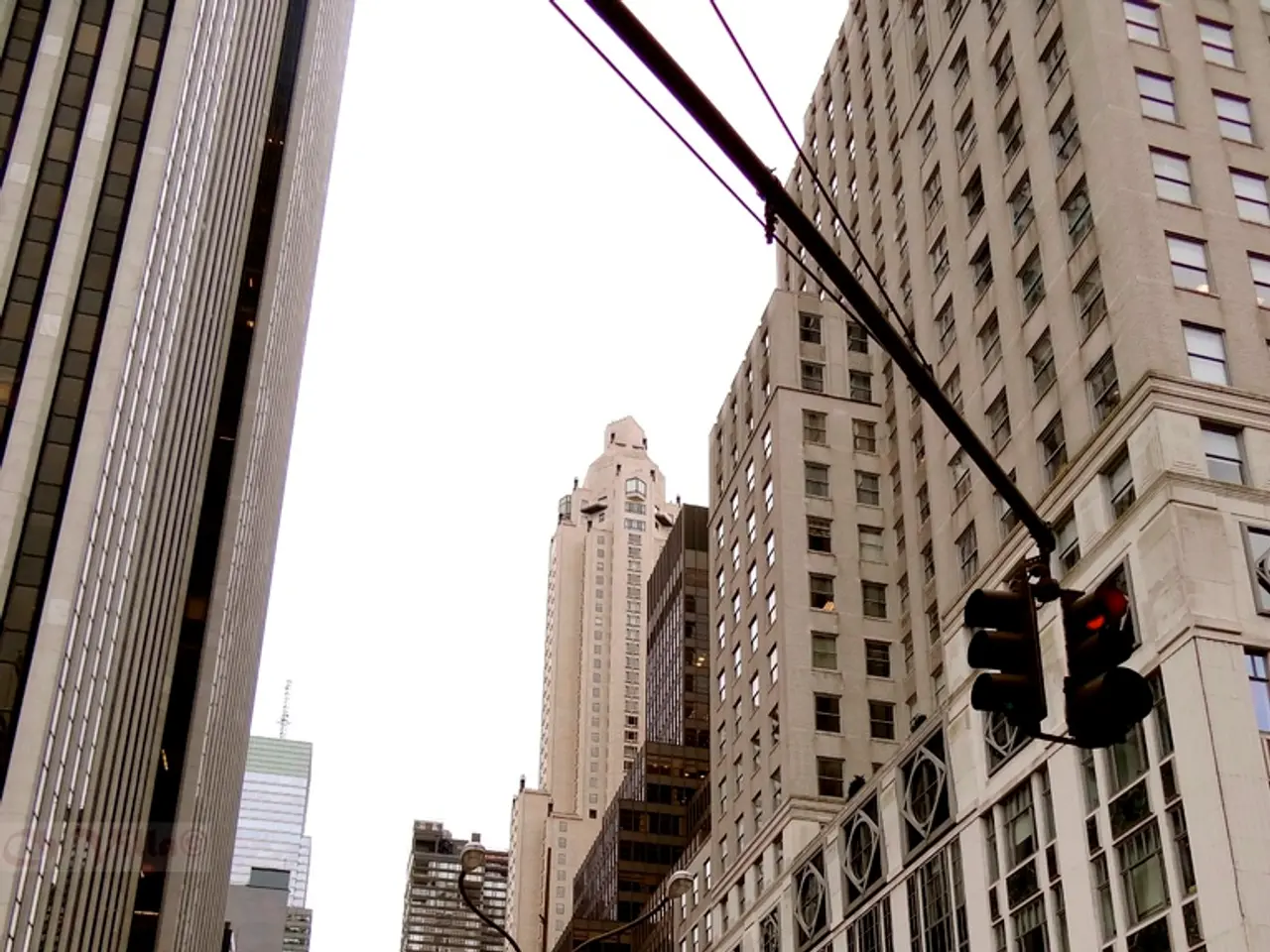Large-scale displacement occurred in four provinces, affecting more than one hundred thousand residents.
Thailand is experiencing a significant crisis as border clashes with Cambodia have intensified, resulting in the evacuation of more than 130,000 civilians from the northeastern provinces of Ubon Ratchathani, Si Sa Ket, Surin, and Buri Ram. The violence, which began on July 24, 2025, has claimed at least 14 Thai civilian lives and one Thai soldier, with 15 Thai soldiers and 31 civilians injured. Cambodia has reported fewer casualties, with one death and five injuries on their side.
The clashes, which have been centred around the disputed Prasat Ta Muen Thom and Preah Vihear temple areas, have seen both sides exchange gunfire, artillery fire, and even BM-21 rockets from Cambodia and F-16 airstrikes from Thailand. The ongoing conflict has resulted in the deadliest fighting between the two nations in over a decade.
To address the mental health needs of the displaced population, a dedicated Emergency Operations Centre (EOC) for mental health services has been established. This centre offers online channels for counselling and psychological care. Mental health crisis response teams (MCATT) have also been deployed to assess and support those affected.
The evacuated communities and properties are being guarded by security forces and police. The evacuees are sheltered at 295 designated sites away from conflict zones along the border. In Si Sa Ket alone, 149 temporary shelters with a capacity of 93,500 people have been set up. Si Sa Ket health officials have confirmed they have sufficient blood and medical supplies to last at least six days without needing external assistance. Additional emergency medical personnel have been deployed to Si Sa Ket to support local medical teams.
The situation remains volatile and dangerous, with the use of rockets, artillery shelling, and airstrikes along the border posing a risk of further civilian casualties and displacement. Diplomatic tensions have surged, prompting an urgent private meeting of the UN Security Council on July 25 to discuss threats to international peace and security posed by the clashes. The conflict risks further destabilization of the region and tests ASEAN's ability to mediate peaceful solutions.
In a recent visit to Si Sa Ket, Deputy Public Health Minister Chaichana Dechdecho assessed the situation and met with injured civilians. Kantharalak and Phusing hospitals started transferring 144 patients to four other state-run hospitals in safer districts. Authorities have barred all evacuees from returning to their homes until further notice due to ongoing security threats. Cross-border attacks on Thursday left eight dead in the province of Si Sa Ket.
The conflict remains dynamic and dangerous, with continued shelling and the risk of wider escalation between the two Southeast Asian neighbours. The international community is closely monitoring the situation and urging both countries to find a peaceful resolution to the crisis.
- Amidst the ongoing war-and-conflicts between Thailand and Cambodia, the United Nations Security Council held an emergency meeting on July 25 to discuss the threats to international peace and security posed by the border clashes.
- To address the mental health needs of the displaced population, a dedicated Emergency Operations Centre (EOC) for mental health services has been established, offering online channels for counselling and psychological care.
- The clashes in Thailand's general-news have led to a significant crisis, with the science and health-and-wellness sector working tirelessly to provide sufficient blood and medical supplies to the evacuated populations, while crime-and-justice officials regulate the security situation to prevent further violence and ensure peace is maintained.




